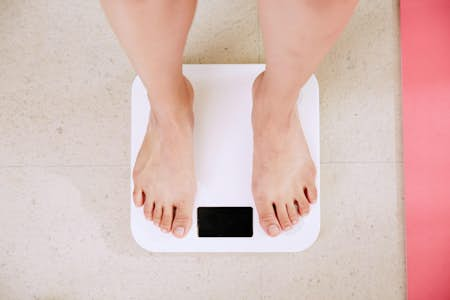The scientific community has expressed scepticism over the government's recently announced plans to implement a more far-reaching testing regime, billed "Operation Moonshot”, which would aim towards carrying out millions of COVID-19 tests every day.
Prime Minister Boris Johnson outlined the plan for this new system in a recent government briefing. Johnson said the government was working hard to ramp up testing capacity to 500,000 COVID-19 tests a day by the end of October. He mentioned that the critical enabler for this widespread testing regime would be the usage of new types of tests which turn around results quickly and are easy to use.
Johnson said, "Crucially, it should be possible to deploy these tests on a far bigger scale than any country has yet achieved - literally millions of tests processed every single day."
However, his claims have been faced with uncertainty by professionals in the healthcare sector, who have cited major flaws concerning the underlying capacity of labs around the country, as well as the effectiveness of the tests themselves.
Dr Chaand Nagpaul, council chairman of the British Medical Association, expressed doubts about the possibility of rolling out Operation Moonshot, given the "huge problems" of testing capacity in labs. At present, testing capacity is around 350,000 per day, of which 250,000 are swab tests (to check if a person has the virus) and 100,000 are antibody tests (to check if someone has already had the virus).
The government has already had to apologise for shortages of tests in certain parts of the countries, with several citizens reporting their inability to get a testing appointment closer to home. While the number of tests processed daily is reportedly higher than in many countries, irregular demand has led to a backlog of tests, which has correspondingly increased the turnaround time for test results.
Health Secretary Matt Hancock admitted to some "operational challenges" but also mentioned that plans were underway to roll out more rapid and easy-to-use tests that would help to open up the prospect of mass testing further.
Another critical aspect of Operation Moonshot to attract criticism is the plan to grant people who tested negatively a “digital immunity passport” that would let them return to the office, resume travel or participate in social activities.
Dr Nagpaul cautioned against allowing people to return to society based on a negative test since at present there is a high number of false negatives, which could lead to the unchecked spread of the virus. Chief Scientific Advisor Sir Patrick Vallance also added that the new technology would need to be tested carefully before any widespread deployment.
Possibly the biggest issue is the reported cost of £100 billion that it would take to launch Operation Moonshot. This figure approaches the entire annual budget of the NHS. Critics have warned that the government proposals represent "waste/corruption on a cosmic scale", pointing out that the plans for Operation Moonshot are “fundamentally flawed”, given that the technology that forms the backbone of this mass testing regime does not yet exist.
This fact has further been corroborated by Transport Secretary Grant Shapps, who admitted that the rapid testing technology that would be critical to Operation Moonshot’s success has not gone beyond the prototyping stage.
While certainly an ambitious plan, it remains to be seen whether the Prime Minister’s dream of a regime that would allow for the testing of the entire UK population every week, will ultimately come to fruition.






